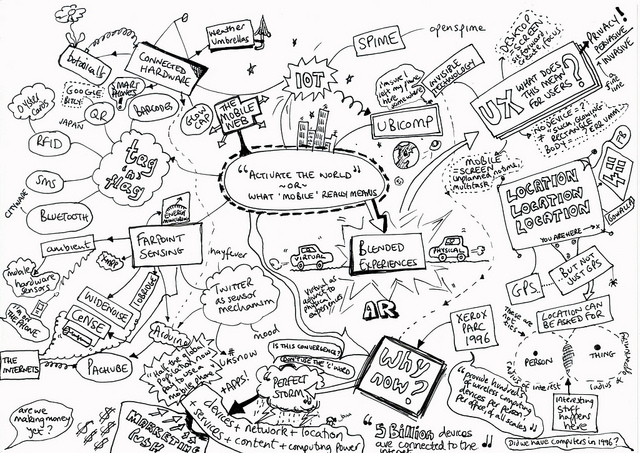 You’ve probably already heard some of the typical advice about studying: start one full week ahead so you don’t cram, make a study plan, study in concentrated chunks over time, use study cards, rewrite your notes, study in an environment where you can concentrate, etc.
You’ve probably already heard some of the typical advice about studying: start one full week ahead so you don’t cram, make a study plan, study in concentrated chunks over time, use study cards, rewrite your notes, study in an environment where you can concentrate, etc.
But here are seven tips you probably have never heard of:
- Don’t multitask. Shut off all distractions. Turn off your phone, even shut off your internet if you feel too tempted. (You can use computer programs like Freedom and Leechblock to make Facebook and other sites impossible to access for part of the day.) Multitasking splits your brain’s resources so you can’t process information as well. In fact, research shows that if you multitask all the time, it actually changes your brain permanently so that you lose the ability to focus deeply on a task.
- Ask your professor or TA for help. Even stop by the office during office hours. Most students are afraid of bothering their professors or TA’s if they go to office hours. The opposite is usually true. When I was a professor, students who came to me during office hours struck me as serious students who were engaged in their learning.
- Predict your test questions. Test yourself by reciting and/or writing out possible answers to questions. Even if you don’t predict the right questions, putting yourself in your professor’s shoes will help deepen your understanding of the material.
- Use mind-mapping. Mind mapping is the most effective way of reviewing your notes if you’re a visual learner because it helps organize all the details into a structure you can understand.

- Review your notes before your sleep. Sleeping after you read something is proven to help you remember the information more clearly the next day. This doesn’t mean you should cram it all in the day before. But a quick refresher the night before your test will help you remember more.
- Study in different locations. Rather than sticking to one study spot, you should switch things up when reviewing for exams. Simply alternating the room where you study helps you remember better. That’s because learning in different environments forces the brain to make multiple associations with the same material, which helps you remember information for longer.
- Use your mind to imagine success. There are lots of ways to lower your anxiety on test day. But here’s a really powerful tip: Spend some time before the exam imagining yourself acing it. Play a movie in your mind, imagining everything going great from the moment you wake up on the day of the exam to the moment you finish the exam.
Put these tips into action while you study. And then leave us a comment below to tell us which one helps you the most!
Source: mindmap image via dmje
multitasking image via stoneysteiner